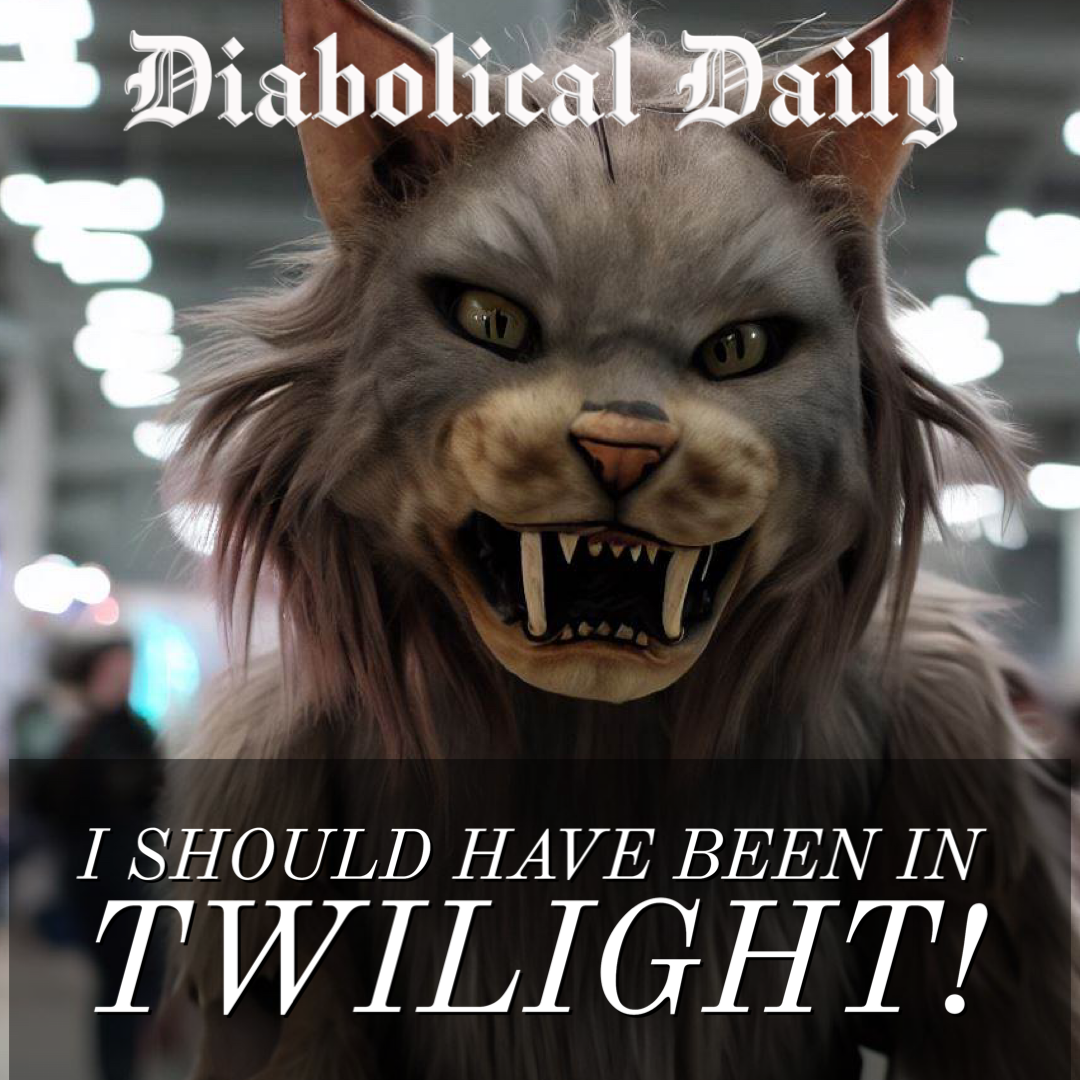The International Conference of Werecreatures (ICW) has issued a statement expressing their dissatisfaction with the lack of diversity and inclusion in media and culture, especially regarding the portrayal of werewolves. The ICW claims that werewolves have been unfairly privileged and glorified, while other werecreatures have been marginalized and stereotyped.
The ICW spokesperson, Dr. Felicia Furry, a werecat and a professor of lycanthropy at the University of Pennsylvania, said that werewolves have dominated the narrative of werecreatures for too long. “Werewolves are not the only werecreatures in existence. There are werecats, werebears, werefoxes, wererabbits, and many more. Each of them has their own history, culture, and identity. Yet, they are often ignored or misrepresented in media and culture,” she said.
Dr. Furry cited several examples of how werewolves have been favored over other werecreatures. She pointed out that most movies, books, and games featuring werecreatures focus on werewolves, such as The Wolf Man, An American Werewolf in London, Twilight, and The Elder Scrolls. She also noted that werewolves have been associated with positive traits such as strength, courage, loyalty, and leadership, while other werecreatures have been depicted as weak, cowardly, treacherous, or comic relief.
Dr. Furry also criticized the popular term “werewolf” itself, which she said is derived from the Old English word “wer”, meaning “man”. She argued that this term is sexist and exclusionary, as it implies that only men can become werewolves, and that werewolves are superior to other werecreatures. She suggested that a more inclusive and accurate term would be “wolf shifter” or “wolf therianthrope”.
The ICW has demanded that media and culture producers take steps to rectify the situation and give more visibility and respect to other werecreatures. They have proposed several measures, such as:
- Creating more diverse and realistic stories and characters involving different kinds of werecreatures.
- Avoiding clichés and stereotypes about werecreatures, such as silver bullets, full moon transformations, and pack hierarchies.
- Providing more educational and cultural resources about werecreatures, such as documentaries, museums, festivals, and courses.
- Establishing more legal and social protections for werecreatures against discrimination, harassment, and violence.
The ICW hopes that these measures will help to create a more harmonious and equitable society for all werecreatures. They also hope that they will inspire more people to embrace their inner beast and join the werecreature community.
“We are not monsters. We are not freaks. We are not inferior. We are werecreatures. We are proud. We are diverse. We are beautiful,” Dr. Furry concluded.
